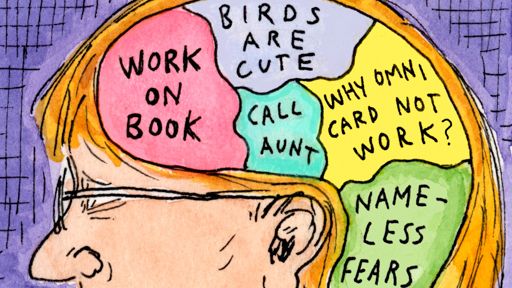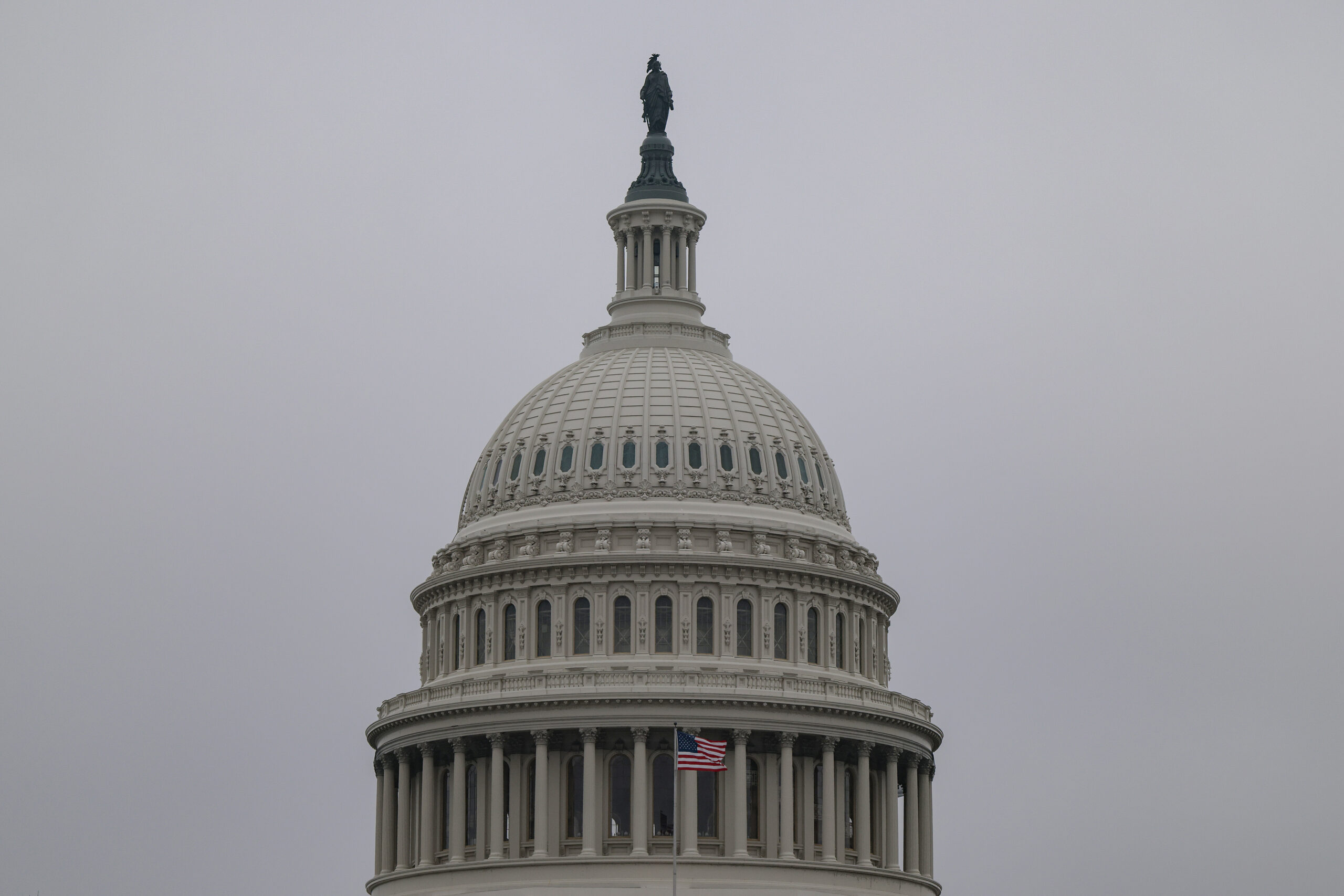Charles Plosser, the former president of the Federal Reserve Bank of Philadelphia, has passed away at the age of 76. Known for his firm stance against the Fed’s easy-money policies following the 2008 crisis, Plosser leaves behind a legacy defined by his dedication to principled monetary oversight.
Plosser, policy hawk who led Philadelphia Fed bank, dies at 76

Key Takeaways:
- Charles Plosser, former president of the Federal Reserve Bank of Philadelphia, has died at 76.
- Plosser was a well-known policy hawk, advocating for tighter monetary approaches.
- He openly criticized the Fed’s policies after the 2008 financial crisis.
- The report on his passing was originally published on August 20, 2025.
- His death marks the end of a notable voice in U.S. economic policy debates.
Introduction
Charles Plosser, the former president of the Federal Reserve Bank of Philadelphia, has passed away at the age of 76. Plosser earned a reputation as a “policy hawk,” a term reflecting his preference for more restrictive monetary strategies. This stance became particularly pronounced in the wake of the 2008 financial crisis, when he forcefully opposed what he viewed as excessively easy-money policies by the Federal Reserve.
Leadership and Influence
Plosser served as president of the Philadelphia Fed, guiding regional economic surveys and participating in national policy deliberations. His leadership coincided with pivotal decisions about interest rates and quantitative easing. While internal debates at the Federal Reserve often remain behind closed doors, Plosser’s firmly voiced concerns occasionally reached the public sphere, underscoring his commitment to transparency in monetary policy.
A Hawkish Critique
Following the 2008 financial crisis, the Federal Reserve introduced measures aimed at stabilizing the struggling economy, including near-zero interest rates and large-scale asset purchases. Plosser, however, remained skeptical. He argued that such expansive monetary support could fuel undesirable inflation or lead to economic imbalances down the road. This perspective led to both praise and criticism from peers who recognized his resolve.
Legacy in Monetary Policy
Many who track Federal Reserve history remember Plosser’s tenure as emblematic of a debate that continues to shape policy decisions today: How quickly should the central bank tighten or loosen credit in times of crisis? Plosser’s insistence on caution served as a counterweight to those favoring more aggressive interventions. His critiques remain part of the broader conversation on central banking strategy.
A Final Note
Charles Plosser’s passing closes a chapter on a critical voice in post-crisis economics. As a former Federal Reserve Bank leader and outspoken critic of quantitative easing measures, his influence invited deeper examination of the Fed’s capability and role during turbulent times. Plosser is remembered for a steadfast dedication to what he viewed as prudent monetary stewardship.











